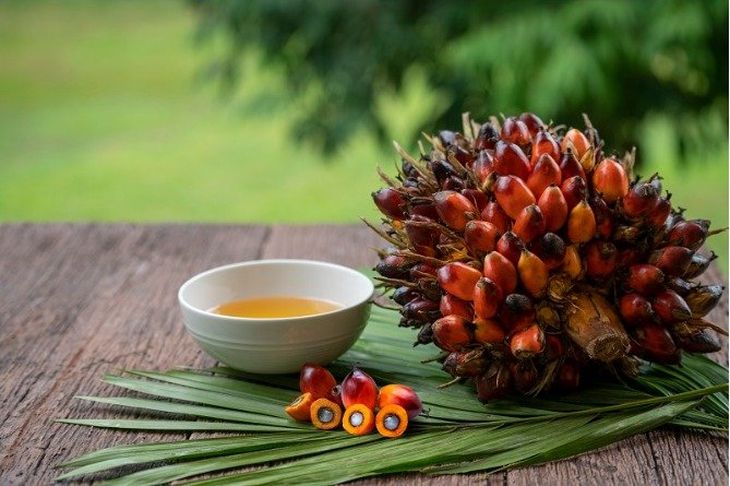15 palm oil industry associations call for review of windfall profit levy on industry

15 associations in the palm oil industry have called for the government to review and reconsider the windfall profit levy (WPL) imposed on the industry.
The 15 associations of oil palm planters from Peninsular and East and West Malaysia include, Malaysian Palm Oil Association (MPOA), Malaysian Estate Owners’ Association (MEOA), and National Association of Smallholders (NASH) among others.
In a statement today, the associations have asked for a review of the WPL levied on palm oil, an increase in the WPL’s effective price threshold for palm oil and to revert the WPL levy rate for Sabah and Sarawak planters.
Calling the WPL prejudiced, the associations said in a statement today, that in its current form the it assesses windfall profit based solely on commodity prices and revenue, rather than a more comprehensive assessment of return on investment or profitability.
Oil palm planters have contributed RM5.2 billion to the government’s coffers through the levies, with last year alone yielding over RM3 billion.
“A WPL repeal may have to be considered if it is to enable the industry to utilise much-needed funds for reinvestments to ensure its long-term competitiveness and sustainability – unless they are rechannelled to the industry.
“These available four funds for the planters could enable them to use for pivotal initiatives such as replanting, modernisation including mechanisation and equipment upgrades, supply chain improvements, ESG compliance and other essential advancements,” they noted.
The associations asked that that the WPL threshold for triggering the levy is reviewed and set higher to take into account today’s realities and to address the wrong notion that the planters have unceasingly been making windfall profits since its inception in 1999.
“If WPL is to be continued and to be aligned with the correct definition of windfall profits, the associations request for an equitable increase in the WPL’s price threshold from the present thresholds of RM3,000 pmt in Peninsular Malaysia and RM3,500 pmt in Sabah and Sarawak in line with the true sense of today’s production cost and correct profitability,” the statement said.
This was along with a request to revert the WPL levy rate for Sabah and Sarawak to take cognisance of the State Sales Taxes (SST) in entirety.
It said an adjustment to the levy rate in January 2022, equalising it between Peninsular Malaysia and Sabah and Sarawak, may have not taken cognisance of the Sabah and Sarawak SST in the overall taxation equation.
“This revision has led to a scenario where Sabah and Sarawak planters end up paying higher WPL than before when the crude palm oil prices exceed RM4,000 pmt when it is added to their prevailing 5 per cent and 7.5 per cent state sales taxes in Sabah and Sarawak respectively.
“Therefore, we appeal that the WPL levy rates should immediately be reverted from 3.0 per cent back to 1.5 per cent with the above SST consideration for the oil palm planters in Sabah and Sarawak.
“The unique challenges faced by the two East Malaysian states today, including higher input and logistics costs, necessitate this adjustment,” according to the statement.
Read also
Wheat in Southern Brazil Impacted by Dry Weather and Frosts
Oilseed Industry. Leaders and Strategies in the Times of a Great Change
Black Sea & Danube Region: Oilseed and Vegoil Markets Within Ongoing Transfor...
Serbia. The drought will cause extremely high losses for farmers this year
2023/24 Safrinha Corn in Brazil 91% Harvested
Write to us
Our manager will contact you soon



